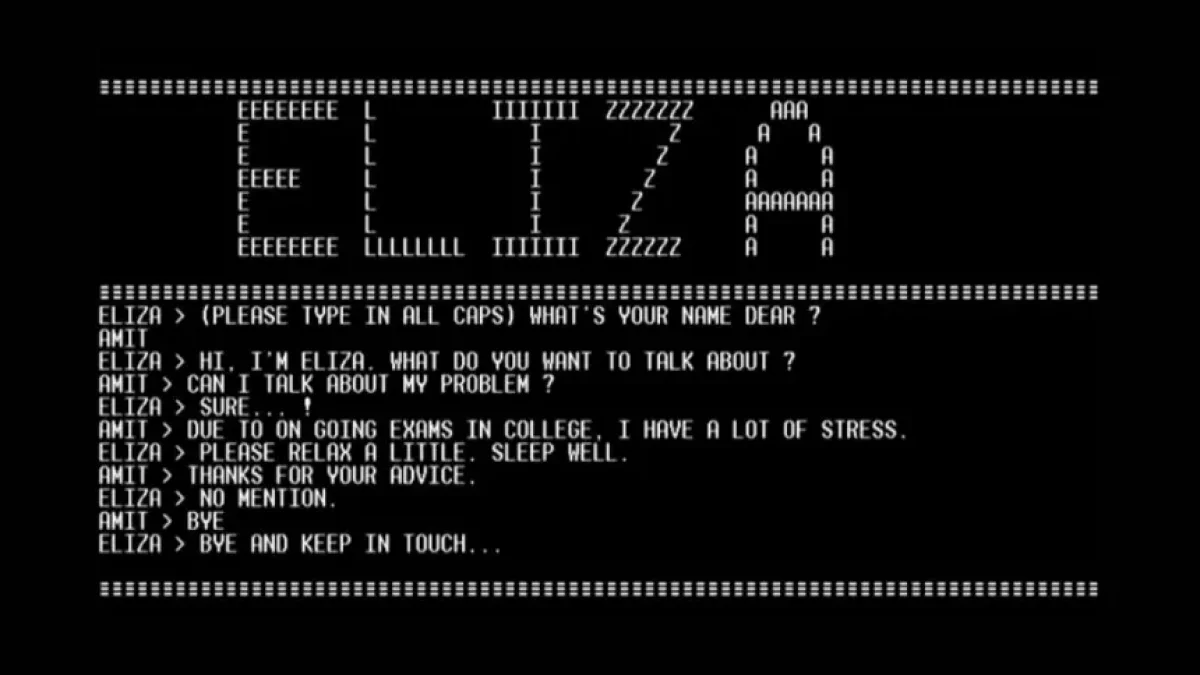Eliza, recognized as the first chatbot in history, has been brought back in a recent project aimed at reprogramming and modernizing its interaction capabilities. Originally developed in the 1960s by Professor Joseph Weizenbaum at MIT, Eliza simulated a conversation with a psychotherapist, laying the groundwork for today’s conversational artificial intelligence. This exciting comeback is not only a look back at the past but also a reflection on the evolution of technology in the field of communication.
An Icon of Artificial Intelligence
Eliza was created in 1966 and presented itself as a program capable of having simple conversations with users. It employed a natural language processing approach that, though rudimentary compared to current technologies, proved sufficient to fool some users into believing they were talking to a human being. Eliza's interface was based on the technique of reflection, where it repeated the user's words in a way that made them seem like meaningful responses.
Thanks to its innovative approach, Eliza became an icon of what artificial intelligence could be. Its development marked a milestone in computing history and paved the way for a new era of human-computer interaction.
A New Impulse for Eliza
Recently, a group of researchers and programmers set out to revive Eliza, not only as an academic project but also as part of a broader effort to understand and develop more advanced chatbots. Utilizing modern programming technologies, they have rewritten the original code so that Eliza can not only function on current devices but also integrate elements of machine learning that will allow it to offer more natural and fluid interactions.
This "resurgence" of Eliza aims to show how expectations regarding chatbots and artificial intelligence in general have changed since the 1960s. The revitalization of the software aims to explore how far we have come in the field of artificial intelligence while also remembering the origins of this discipline.
The Impact on Pop Culture
Eliza has left a mark on popular culture, appearing in movies, books, and series that explore the relationship between humans and machines. Its legacy inspires new generations of developers to create systems that can converse more effectively and understandably. With its return, programmers hope not only to remember Eliza as a pioneer but also to bring its principles to life in the development of modern chatbots.
Conclusion
The return of Eliza represents more than just a tribute to a computer program; it is an entry into exploring the potential that artificial intelligence can reach in the future. As technology continues to advance, it is essential to recognize and learn from the pioneers who paved the way. By reviving Eliza, a unique opportunity is provided to observe how artificial intelligence has evolved from its humble beginnings to becoming an essential tool in our daily lives.
I invite you to continue exploring news and similar topics on my blog, where you will find more about advancements and curiosities in the digital world.




















